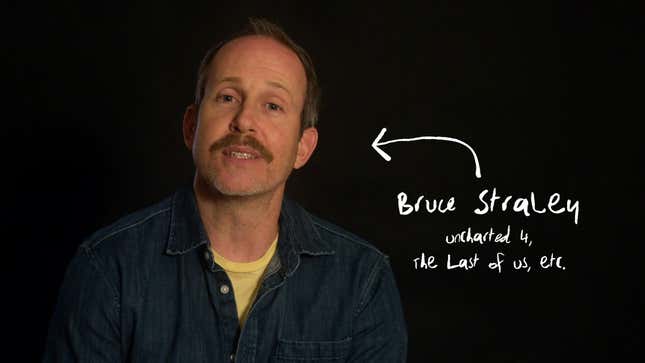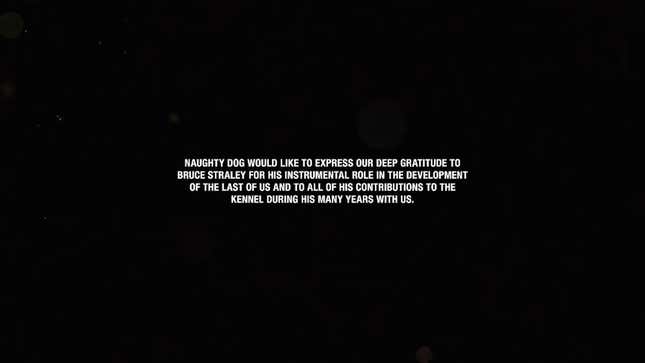
Bruce Straley hasn’t been at Naughty Dog for six years, but the game director behind the original PlayStation 3 version of The Last of Us isn’t happy about his lack of credit in the HBO adaptation that began airing this week.
In an interview with The Los Angeles Times, Straley’s relationship with Naughty Dog and Sony is described as “strained.” He told the outlet that his not being credited in the show, despite his directorial role in making the source material, has him thinking about unionization efforts within the games industry as a means to ensure proper compensation and credits for creative works.
“It’s an argument for unionization that someone who was part of the co-creation of that world and those characters isn’t getting a credit or a nickel for the work they put into it,” Straley said. “Maybe we need unions in the video game industry to be able to protect creators.”
Straley isn’t listed in the credits for the HBO show, though his contribution to the original game was noted in the The Last of Us Part I remake, which launched on PlayStation 5, via a dedicated screen. That was similar to when Uncharted 4: A Thief’s End’s credits noted former series director Amy Hennig’s contributions to the franchise, despite her leaving the studio during that game’s development.

In the years since his departure from Naughty Dog, Straley has gone on to form a new studio called Wildflower Interactive, which is working on its first game.
Crediting in video games has become a hot-button issue of late, as companies are finding more ways to circumvent putting people’s names in the credits of projects they worked on. Earlier this month, it came to light that several developers who worked on The Callisto Protocol were left out of the game’s credits despite their contributions.
Talks of unionization are becoming more widespread around the video game industry as workers are going more public with the heinous working conditions of AAA companies like Activision Blizzard. Naughty Dog has also been the subject of crunch accusations over the years. Studio Co-President Neil Druckmann said recently that the studio is looking into ways to alleviate these problems, such as not announcing games as early as it did The Last of Us Part II and Uncharted 4 in order to create more reasonable development timetables.